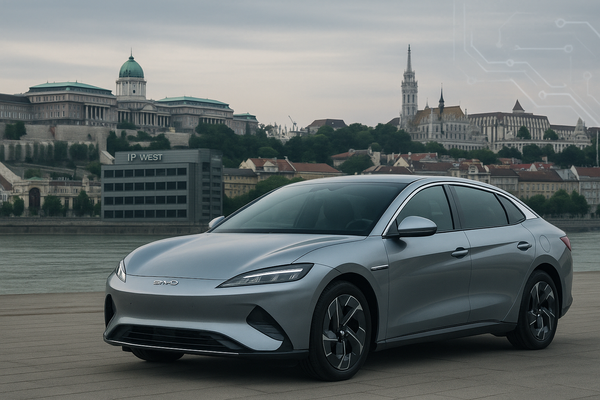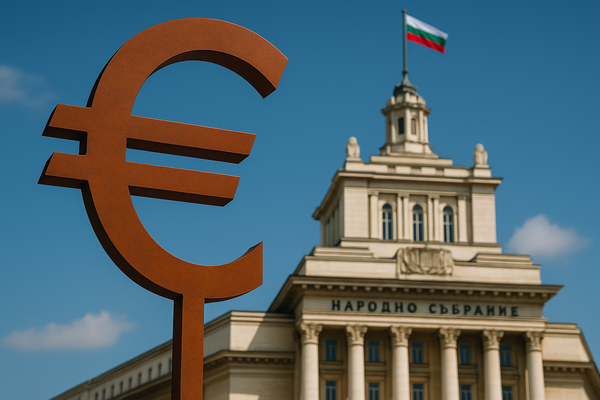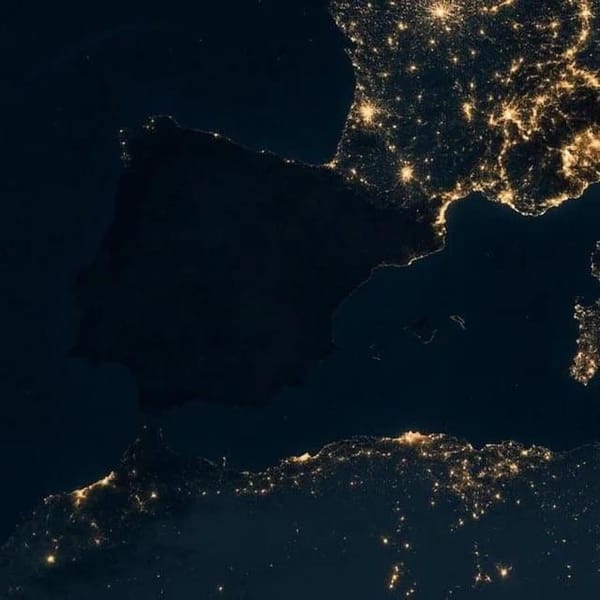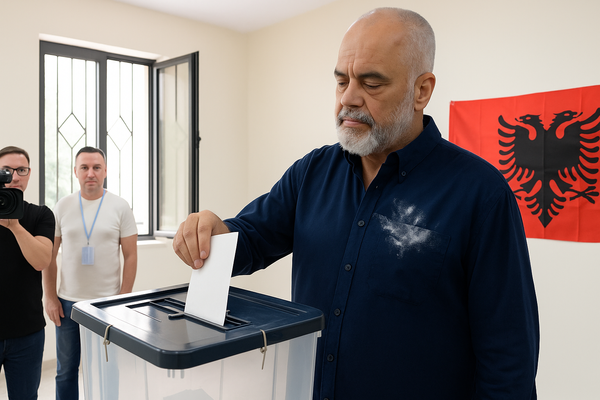
Hungary secures EUR 1.6bn Vodafone purchase
Hungary has finalised a deal to acquire Vodafone Europe’s Hungarian unit for HUF 660bn (EUR 1.6bn) in the largest state purchase since the change of regime in 1990.
The Hungarian state made the deal through its holding company Corvinus, which has obtained a 49% stake, while government-linked company 4iG Antenna Hungária acquired a 51% stake in the telco.
Due diligence on the deal – which Hungary has classified as of national strategic importance – has been completed and a financial report is expected to be concluded by the end of the month.
Purchase part of wider government strategy
On the announcement of the acquisition, Hungarian Minister for Economic Development Marton Nagy said “it is a primary objective of the government to establish national ownership in sectors of national strategic importance such as insurance and telecommunications, in addition to the banking, energy and media sectors. Vodafone Hungary’s purchase serves this goal and will further strengthen our country’s sovereignty.”
“In an economic situation burdened by the war and sanctions, we must not give up on our endeavour to further strengthen Hungary’s competitiveness and independence,” he added.
When the planned acquisition was announced in August, 4iG shares climbed by over 10% to HUF 860. On Wednesday, 11 January, 4iG stocks were trading at HUF 742.
Deal puts second largest telco in state hands
In August, 4iG chairman-CEO Gellert Jaszai called the prospective deal the biggest shake up of the Hungary’s telecommunications sector since the 1990s.
“The acquisition will create a predominantly Hungarian-owned group of info-communications companies and a clear number two operator in the Hungarian market,” Jaszai said.
“Our group will have one of the largest digital infrastructures in Hungary,” he added.
Vodafone Hungary employs over 3,000 staff in Hungary and booked an annual net revenue of HUF 278bn in 2021-22. It is currently second in Hungary for subscriptions, with over 3.8 million customers, including 700,000 broadband clients.
The telco had a 29.4% market share at the end of 2021, behind Magyar Telekom (41.7%), but ahead of Yettel (26.4%), according to Hungary’s telco watchdog NMHH.
For fixed broadband, Vodafone Hungary was third nationally with a 21% market share last August, behind Magyar Telekom on 39.8% and DIGI on 22.2%.
With this deal, 4iG will have five million customers, in a country of just under ten million people, and 7.6 million revenue-generating units. Vodafone’s networks run on the equipment of China’s Huawei.
Vodafone focuses on core operations
In August, then Vodafone CEO Nick Read said “the Hungarian government has a clear strategy to build a Hungarian owned national champion in the ICT sector”. Since then Read has been replaced by an interim CEO, amid criticism over the company’s performance.
Shares in the company are in long-term decline, having dropped by more than 60% in the last five years. Vodafone has been selling parts of its business to focus on its core European and African operations.
However the company received criticism from other quarters on the announcement of the latest deal. NGO Human Rights Watch recalled that its post-2022-election report found that ruling Fidesz party had accessed public service data to generate campaign messages, creating an “unequal playing field” and “undermining democracy”.





